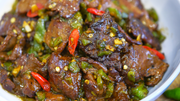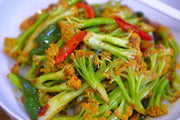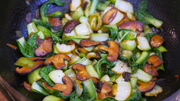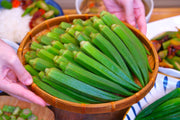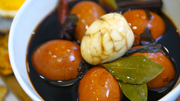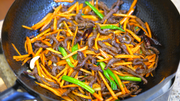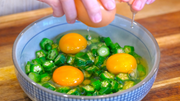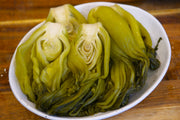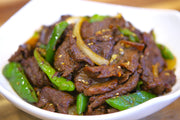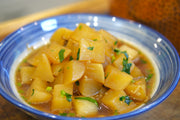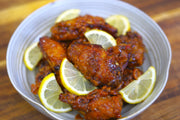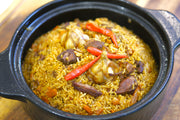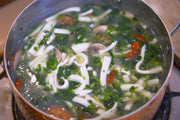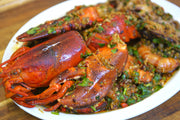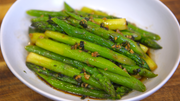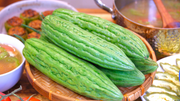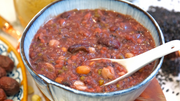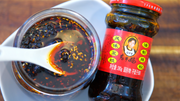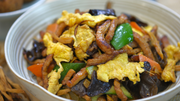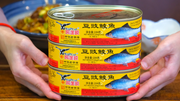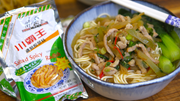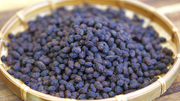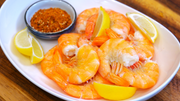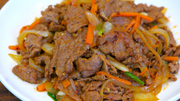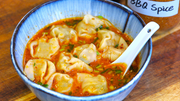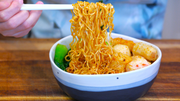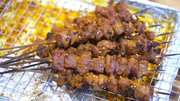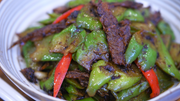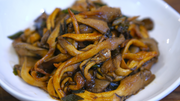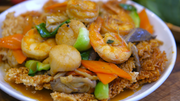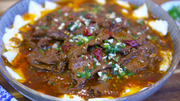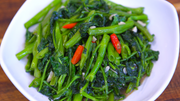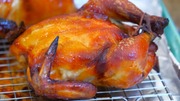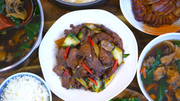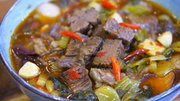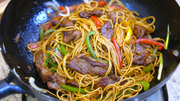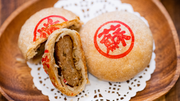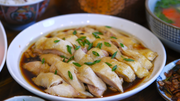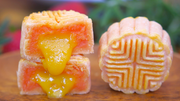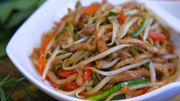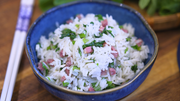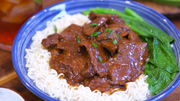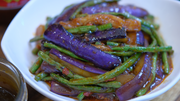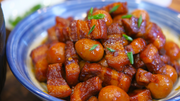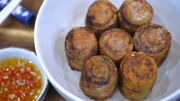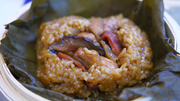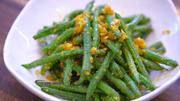Easy Curry Beef Recipe (HK Style 咖喱牛腩)
Rated 4.0 stars by 6 users
Category
Beef
HK style curry beef (咖喱牛腩) is one of the most popular take out dishes in Cha Can Ting restaurants (茶餐厅). This is a mild curry with a subtle sweetness, but super savory. It is surprisingly easy to make at home.
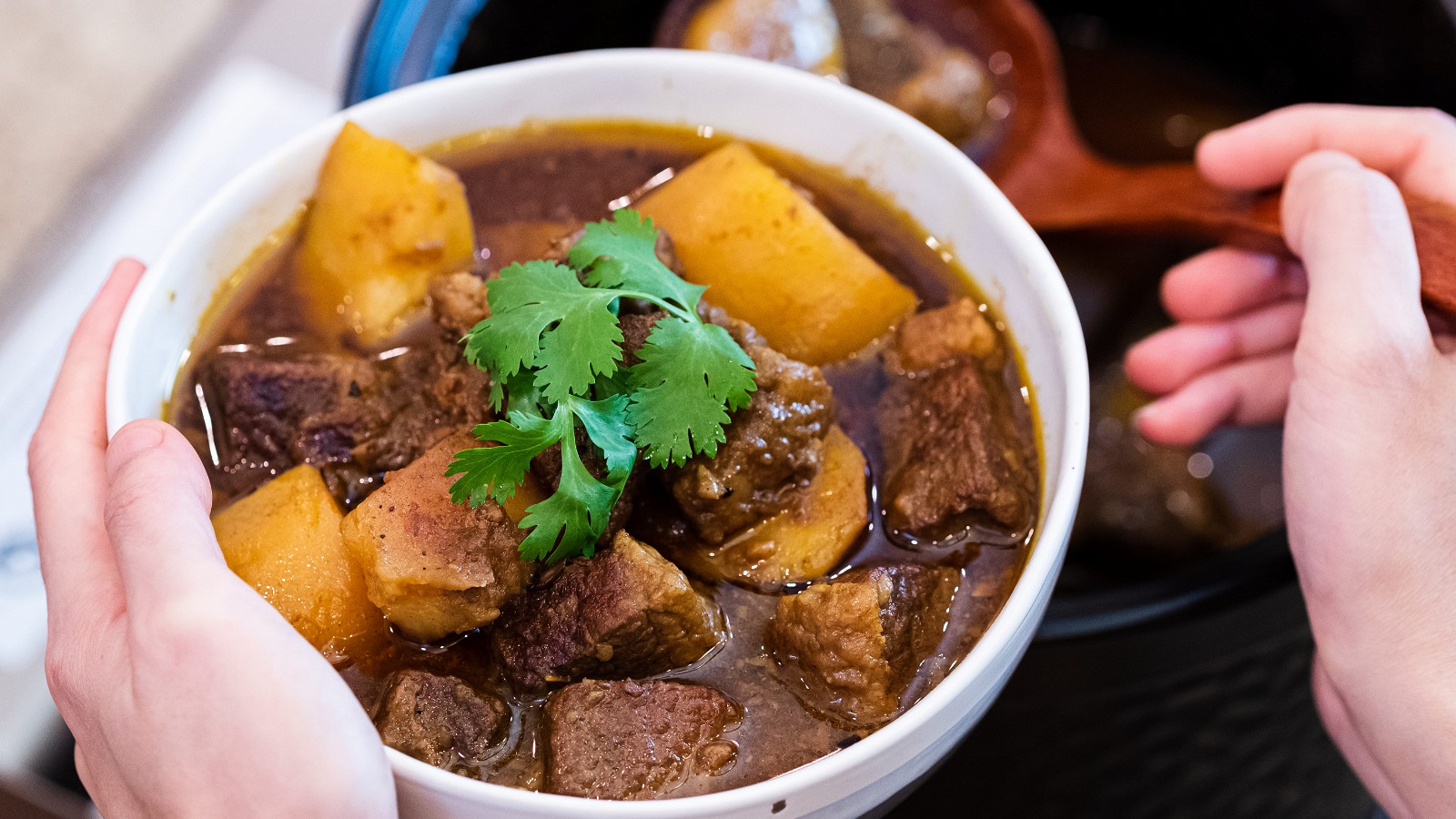
Ingredients
- 2 lb of beef stew meat brisket, shank, chuck roast, short ribs, cut into 1 inch cubes
- 1/2 of a big purple onion diced
- 1 shallot diced
- 5 cloves of garlic finely diced
- 1 tbsp of minced ginger
- 2 tbsp of vegetable oil
- 1 cinnamon stick
- 2 bay leaves
- 1 piece of orange peel
- 1 tbsp of Zhuhou paste
- 1 tbsp of satay paste
- 1 tbsp of curry powder
- 1 tsp of turmeric powder
- 1 tbsp of palm sugar
- 1 tbsp of soy sauce
- 2 tbsp of Chinese cooking wine
- 1/2 can of coconut milk 200ml
- 1-2 cups of hot water
- 1 tbsp pf salt or to taste
- 2 -3 potatoes peeled and cut into chunks
-
Clay Pot
Products Used
Directions
Cut the beef brisket into 1-inch cubes. Any stew meat will work well here, such as shank, chuck roast, short ribs.
- Add a couple of tbsp of vegetable oil to your pot (preferably clay pot or dutch oven) along with the diced onion, shallot, garlic, and ginger. Stir over medium heat for about 5 minutes or until the aromatics are soft and translucent.
- Add the bay leaves, cinnamon stick, orange peel, Zhuhou paste, satay sauce, curry powder, turmeric powder, palm sugar, and soy sauce. Stir for 2-3 minutes or until everything combined into a thick paste.
- Add the beef along with 2 tbsp of Chinese cooking wine. Keep mixing until all the meat is coated nicely. The cooking wine will deglaze whatever that is stuck at the bottom of the your pot.
- Add water and coconut milk. The liquid amount should be enough to cover all the meat. Bring this to a boil and add some salt to adjust the flavor. Simmer on low heat for 2 hours. Make sure to check the liquid level once in a while. Add hot water as needed because everybody's stove is different, you don’t want it to evaporate too much.
- Peel the potatoes and cut into chunks. Add to the claypot and cook for another 30 minutes. You can also use carrot, or daikon radish instead.
- Top a bunch of cilantro and serve with white rice.

